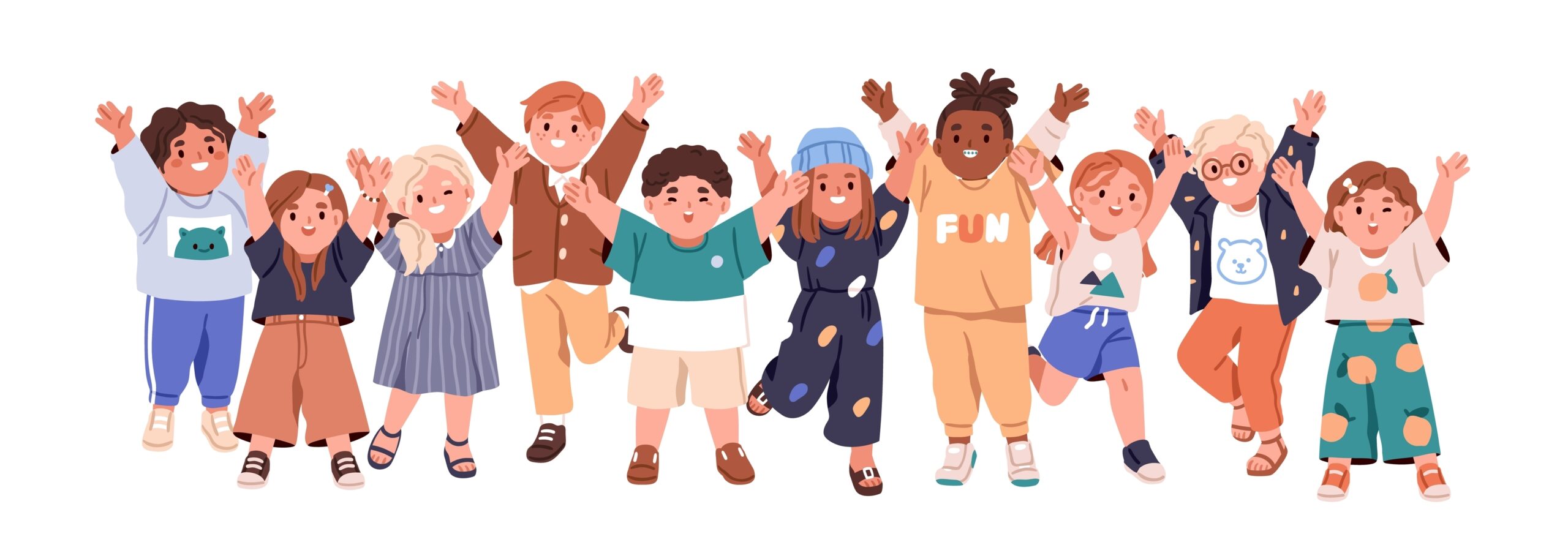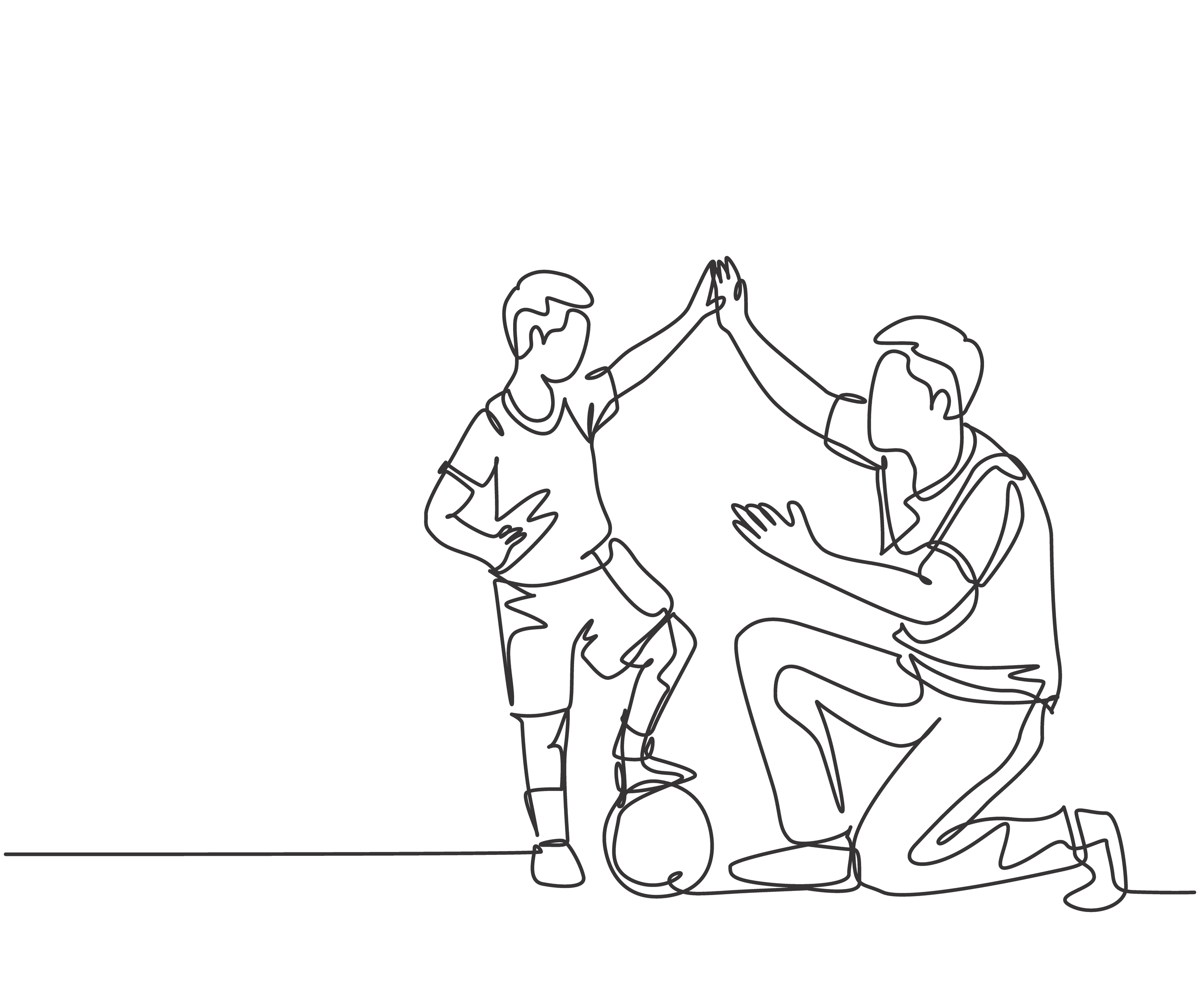Separation anxiety can feel really hard for both kids and parents. For families with kids who have special needs, it
Sensory Integration Therapy (SIT) has emerged as a powerful tool for children and adults facing sensory processing difficulties. Often seen
Sensory diets can be powerful tools for supporting children with Sensory Processing Disorder (SPD). But what exactly is a sensory
Why does my child cover their ears at birthday parties? Why do the seams on socks cause meltdowns, or loud
How are anxiety and sensory processing challenges connected, especially in kids? Many parents and helpers see that children with Sensory
Raising a child with dyslexia can feel overwhelming at times, but it’s important to remember that you are not alone.
Independence is an essential milestone in the development of any child, and for children with special needs, it holds even
Attention-Deficit/Hyperactivity Disorder (ADHD) is a common neurodevelopmental condition that often manifests in early childhood. For parents, recognizing the signs of
Occupational therapy (OT) is very important for helping children with autism learn the skills they need to take part in
Sensory play is much more than just fun—it’s a powerful tool for fostering your child’s development across multiple domains. From
Sensory play is an unparalleled tool in fostering childhood development. By engaging the senses—be it touch, sight, hearing, smell, taste,
Sensory Processing Disorder (SPD) affects how individuals interpret and respond to sensory input from the environment. For those who experience
Separation anxiety can feel really hard for both kids and parents. For families with kids who have special needs, it
Supporting kids with ADHD takes more than reminders and patience. For parents and educators, understanding ADHD and providing the right
Attention Deficit Hyperactivity Disorder (ADHD) and Sensory Processing Disorder (SPD) are two conditions frequently discussed in pediatric development and mental
Sensory overload occurs when one or more of the body's senses become overstimulated by external stimuli. For individuals affected, this
Raising a child with ADHD (Attention-Deficit/Hyperactivity Disorder) presents unique challenges, requiring patience, understanding, and adaptability. However, with the right strategies
Sensory diets are systematic and individualized strategies that help modify or meet sensory needs, particularly benefiting children and adults with
Parents, educators, and therapists often face a perplexing challenge when trying to distinguish between Sensory Processing Disorder (SPD) and Attention
25 Sensory Activities and Exercises for Kids with Sensory Processing Disorder and ADHD If your child has Sensory Processing Disorder
Children with Attention-deficit/hyperactivity disorder (ADHD) and Autism Spectrum Disorders (ASD) face difficulties in regulating their emotions and sensory input from
How Sensory Toys Help with ADHD: A Detailed Guide If you are a parent of a child with ADHD or
Managing Toddler ADHD Symptoms: A Parent’s Guide ADHD (Attention Deficit Hyperactivity Disorder) in toddlers can present a unique set of
Autism and Sensory Disorders: Therapeutic Impact of Sensory Toys As a parent or caregiver of a child with Autism Spectrum
Separation anxiety can feel really hard for both kids and parents. For families with kids who have special needs, it
Separation anxiety can be tough on any child, but for children with special needs, it often goes hand in hand
Sensory processing disorder (SPD) often flies under the radar, yet it plays a crucial role in understanding the complexities of
Sensory overload occurs when one or more of the body's senses become overstimulated by external stimuli. For individuals affected, this
Sensory diets are systematic and individualized strategies that help modify or meet sensory needs, particularly benefiting children and adults with
“It takes a village to raise a child. It takes a child with autism to raise the consciousness of the
Dealing with autism meltdowns can be a challenging experience for caregivers, teachers, and those on the spectrum alike. A meltdown
Understanding Autism Regression in Children What is Autism Regression? Autism spectrum disorder (ASD) is marked by a range of symptoms
Autism and Sensory Disorders: Therapeutic Impact of Sensory Toys As a parent or caregiver of a child with Autism Spectrum
How Sensory Toys Facilitate Learning for Children with Autism Autism Spectrum Disorder (ASD) affects approximately 1 in 54 children in
Uniting Communities: Online Support and Resources for Autism, SPD, and ADHD Navigating neurodiversity can be a complex and sometimes isolating
Have you or a loved one received a diagnosis and now are having a long wait time to find answers
Separation anxiety can feel really hard for both kids and parents. For families with kids who have special needs, it
Separation anxiety can be tough on any child, but for children with special needs, it often goes hand in hand
Picture this scene: You’ve finally gotten your baby into a comfortable sleep routine. Nights are restful, naps are scheduled, and
Sleep regressions can feel like an uphill battle for parents. One moment your baby is sleeping soundly, and the next,
Sleep regressions are a temporary yet challenging phase many parents encounter as their babies and toddlers grow. Understanding the approximate
Sleep regressions. The phrase alone can strike fear into the hearts of even the most seasoned parents. If your baby
Sleep regressions can feel like a relentless obstacle to parents striving for a peaceful night's rest. But you're not alone,
Supporting kids with ADHD takes more than reminders and patience. For parents and educators, understanding ADHD and providing the right
Sensory Integration Therapy (SIT) has emerged as a powerful tool for children and adults facing sensory processing difficulties. Often seen
Sensory diets can be powerful tools for supporting children with Sensory Processing Disorder (SPD). But what exactly is a sensory
Why does my child cover their ears at birthday parties? Why do the seams on socks cause meltdowns, or loud
How are anxiety and sensory processing challenges connected, especially in kids? Many parents and helpers see that children with Sensory
Separation anxiety can feel really hard for both kids and parents. For families with kids who have special needs, it
Picture this scene: You’ve finally gotten your baby into a comfortable sleep routine. Nights are restful, naps are scheduled, and
Sleep regressions can feel like an uphill battle for parents. One moment your baby is sleeping soundly, and the next,
Sleep regressions are a temporary yet challenging phase many parents encounter as their babies and toddlers grow. Understanding the approximate
Sleep regressions. The phrase alone can strike fear into the hearts of even the most seasoned parents. If your baby
Sleep regressions can feel like a relentless obstacle to parents striving for a peaceful night's rest. But you're not alone,
Supporting kids with ADHD takes more than reminders and patience. For parents and educators, understanding ADHD and providing the right
Sensory Integration Therapy (SIT) has emerged as a powerful tool for children and adults facing sensory processing difficulties. Often seen
Sensory diets can be powerful tools for supporting children with Sensory Processing Disorder (SPD). But what exactly is a sensory
Why does my child cover their ears at birthday parties? Why do the seams on socks cause meltdowns, or loud
How are anxiety and sensory processing challenges connected, especially in kids? Many parents and helpers see that children with Sensory
When your child struggles with writing, it's easy to assume they just need practice or a little more time to
Picture this scene: You’ve finally gotten your baby into a comfortable sleep routine. Nights are restful, naps are scheduled, and
Sleep regressions can feel like an uphill battle for parents. One moment your baby is sleeping soundly, and the next,
Sleep regressions are a temporary yet challenging phase many parents encounter as their babies and toddlers grow. Understanding the approximate
Sleep regressions. The phrase alone can strike fear into the hearts of even the most seasoned parents. If your baby
Sleep regressions can feel like a relentless obstacle to parents striving for a peaceful night's rest. But you're not alone,
Supporting kids with ADHD takes more than reminders and patience. For parents and educators, understanding ADHD and providing the right
Sensory Integration Therapy (SIT) has emerged as a powerful tool for children and adults facing sensory processing difficulties. Often seen
Sensory diets can be powerful tools for supporting children with Sensory Processing Disorder (SPD). But what exactly is a sensory
Why does my child cover their ears at birthday parties? Why do the seams on socks cause meltdowns, or loud
How are anxiety and sensory processing challenges connected, especially in kids? Many parents and helpers see that children with Sensory
Physical therapy plays an essential role in helping children achieve the developmental milestones necessary for functional independence, confidence, and overall
Anxiety is a natural emotion, but when it begins to interfere with a child’s everyday activities, it becomes a cause
Join thousands of parents and educators each week
Because staying in the loop is important











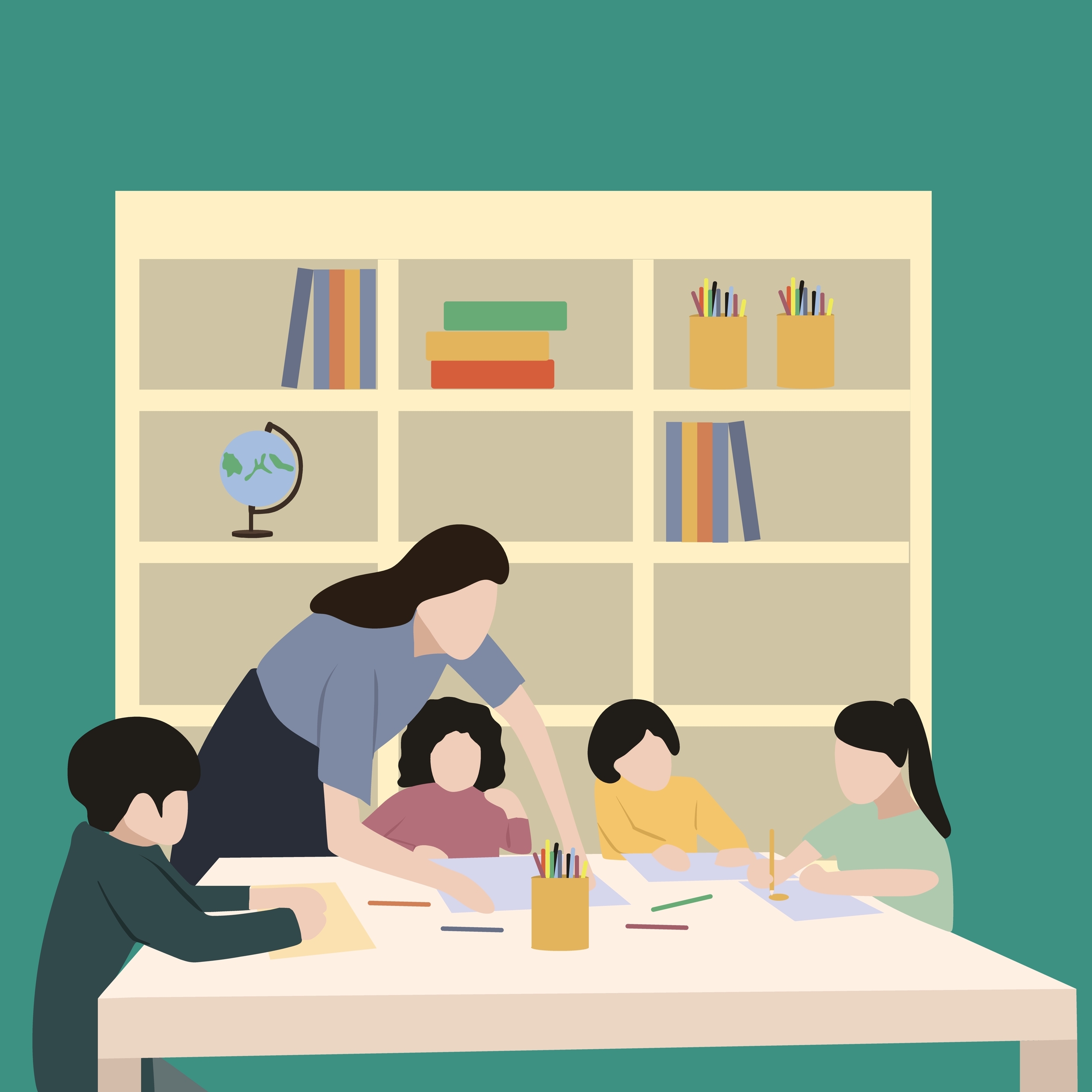






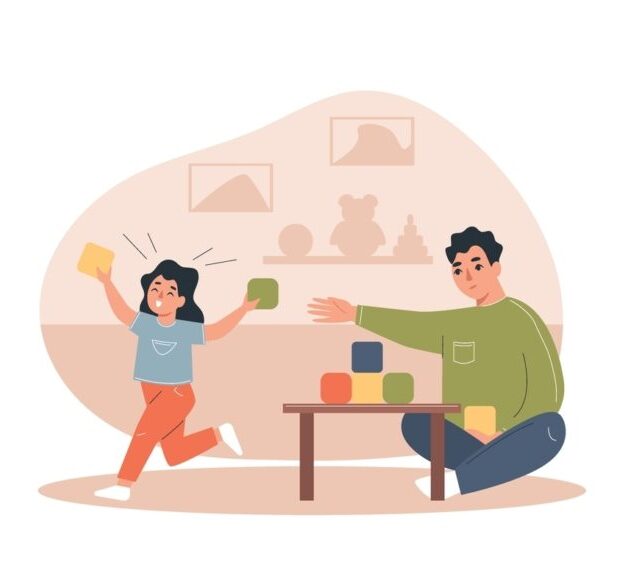



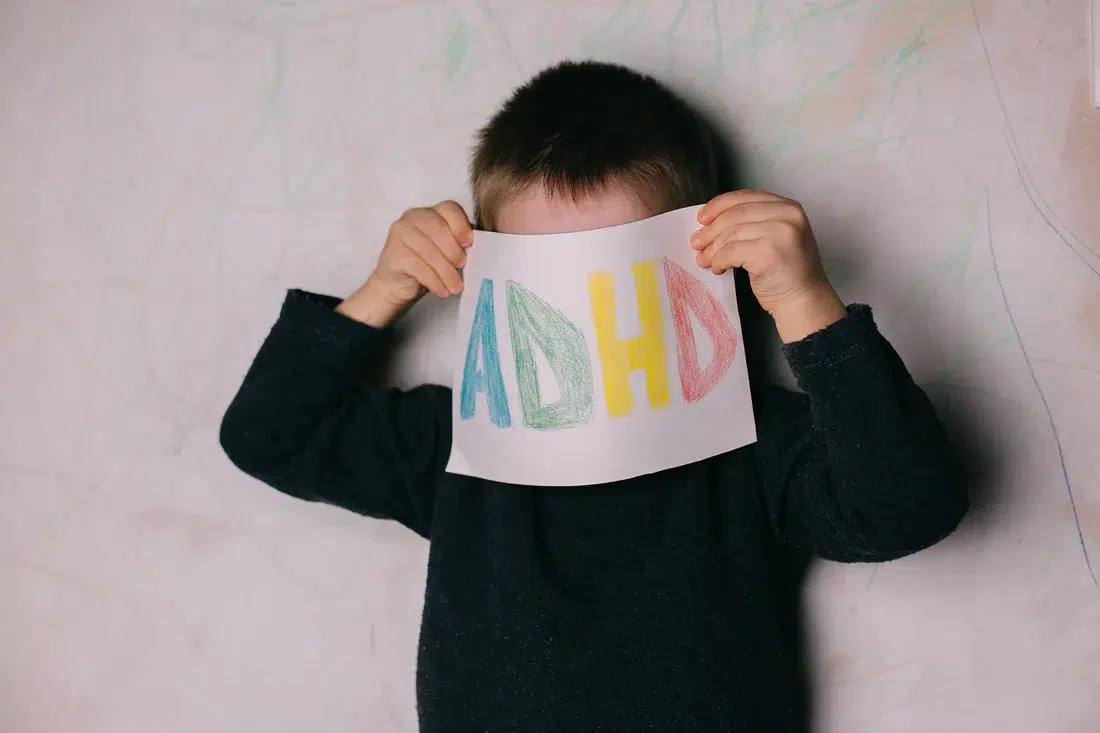




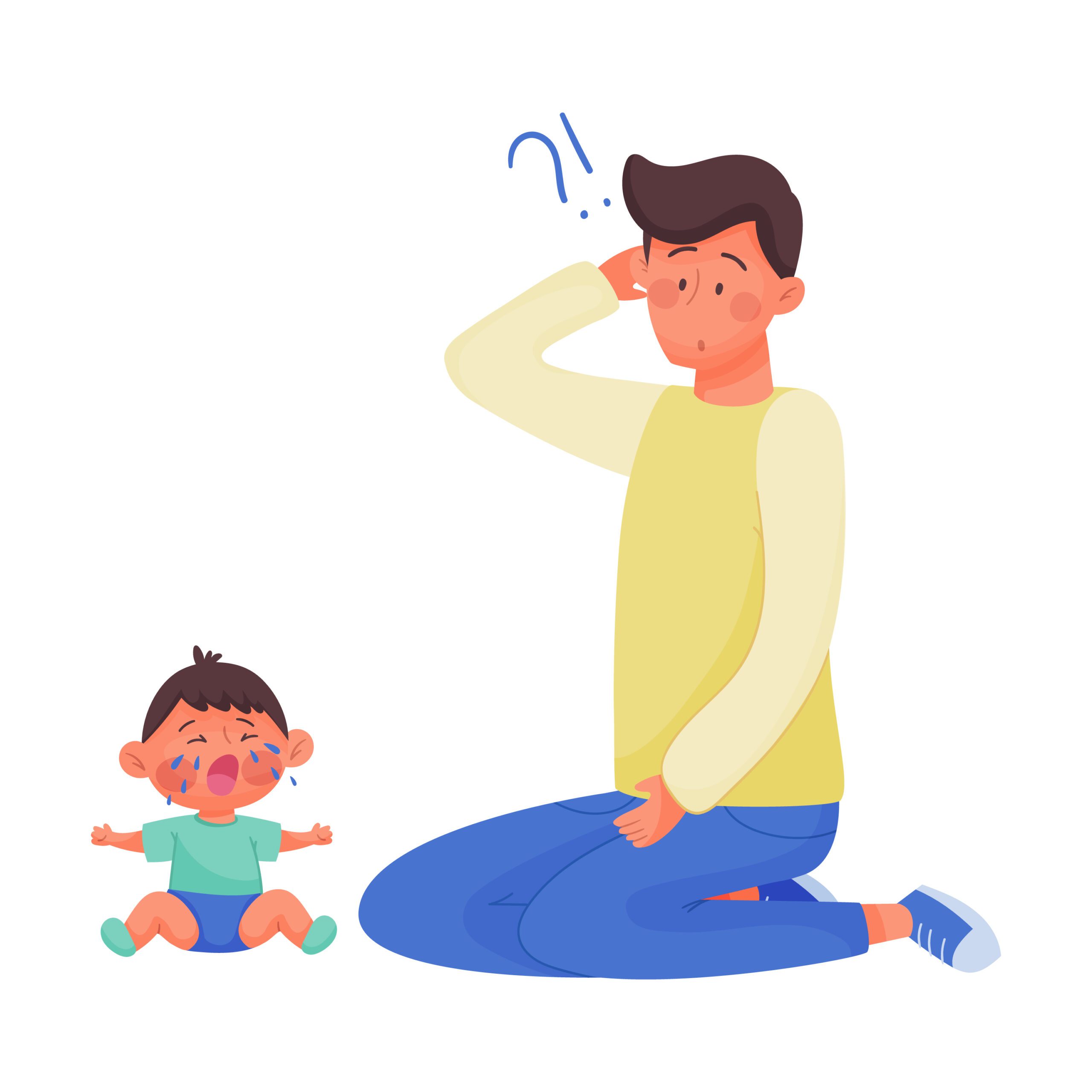
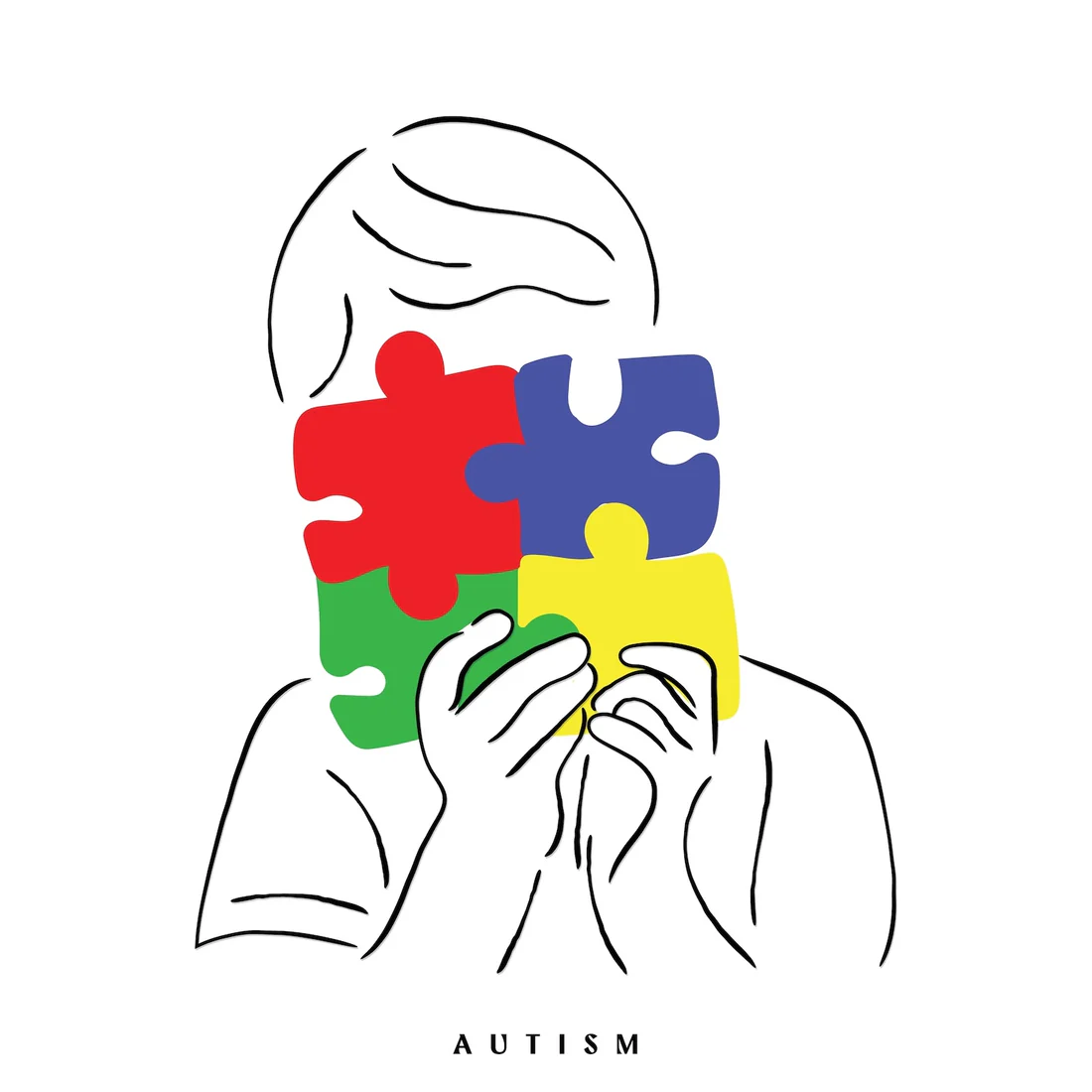
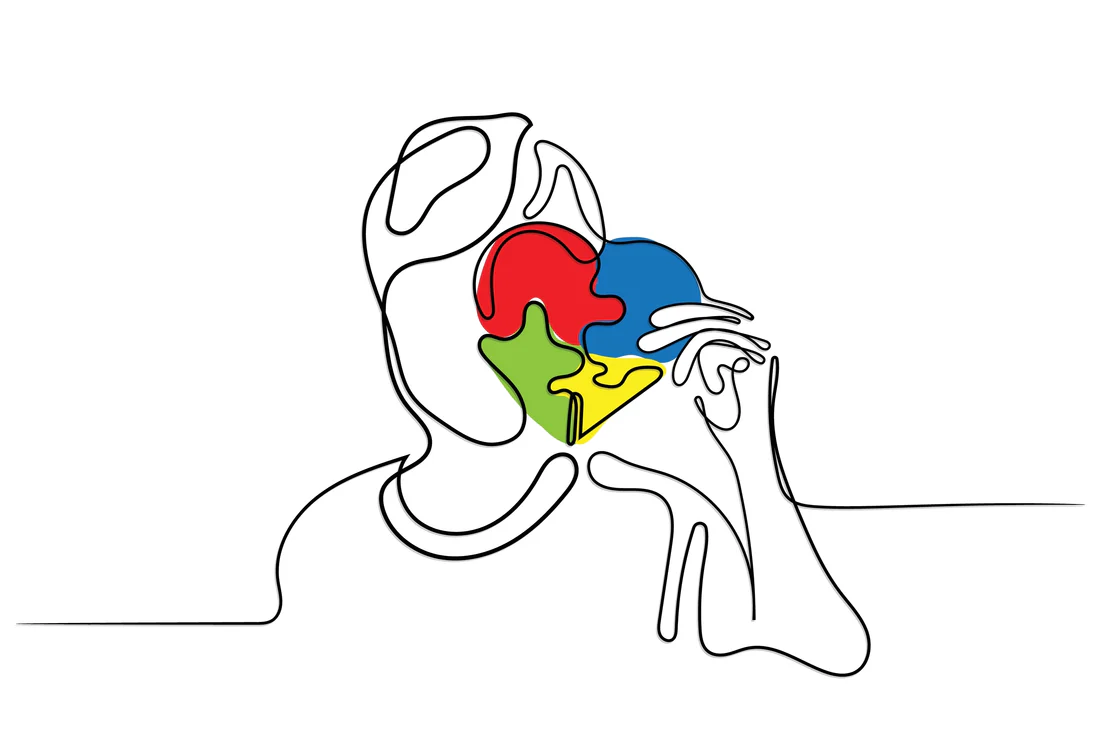











 See Therapist Database
See Therapist Database Speech Therapy
Speech Therapy Physical Therapy
Physical Therapy Occupational Therapy
Occupational Therapy
































